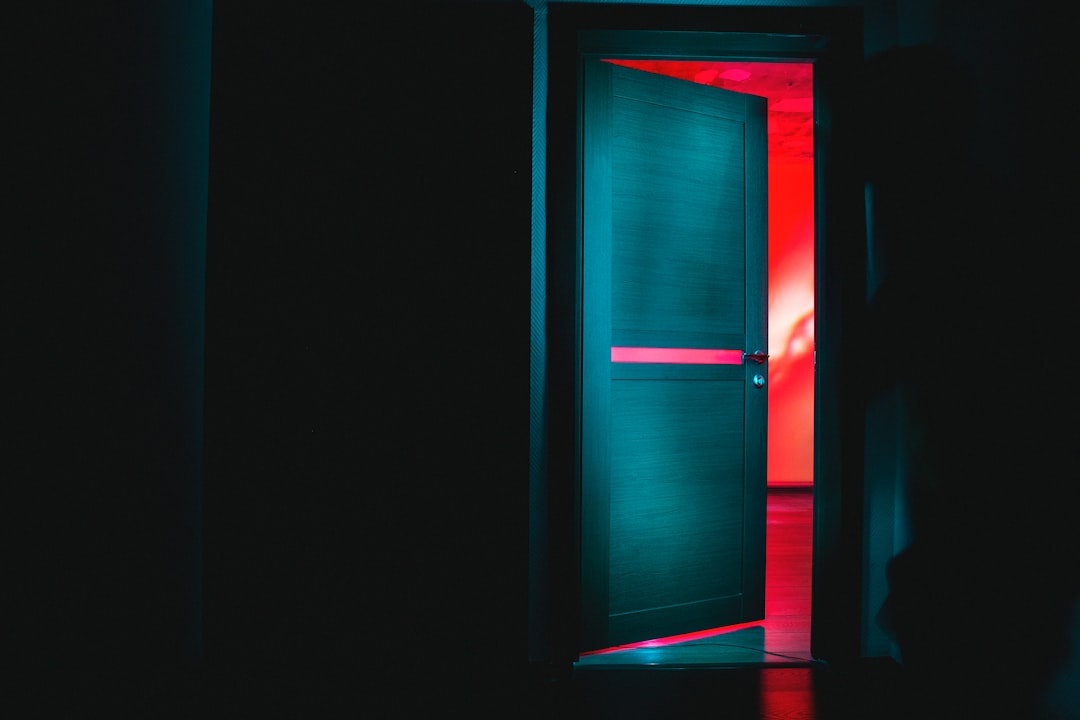In Defense of Lowbrow Horror Fiction
Think of the Children!
DISCLAIMER: In this piece, I will use terms like “lowbrow” and “juvenile” to describe the works of certain peers, so I want to make it clear that I don’t mean either term as a pejorative. Rather, as the title suggests, this essay is intended as a defense of texts designed to simply entertain.

The other day, I was scrolling through r/ExtremeHorrorLit and noticed a trend. In a thread on Aron Beauregard’s Splatterpunk Award-winning novel, Playground, several detractors pointed out the juvenile style of writing. They even went so far as to say it felt as though it was written by a teenager; therefore, according to them, it must be a bad book. I’ve seen similar criticisms hurled at Richard Laymon, Judith Sonnet, and Shane McKenzie—authors known for getting down in the muck and showing readers a good time without overcomplicating plot details, concerning themselves with heavy-handed social commentary, or showing off the depths of their vocabulary.
I’ve never really understood this criticism. In fact, I think it comes from people who don’t fully understand the genre or appreciate the full spectrum of its audience.
Unbelievable as it may seem, not every young adult is interested in Young Adult literature. Don’t get me wrong: there’s a lot of good (even great) literature out there for teens, but a large percentage of it seems most concerned with imparting some kind of lesson and often feels rather safe and sanitized. That leaves little to read for the freaks and weirdos—who very much still exist, despite what pundits and influencers will have you believe about puritanical zoomers.
When I was a teen, I jumped on the King, Lovecraft, and Barker train because, quite frankly, all the teen literature I encountered seemed targeted toward normies. (Yes, even the Fear Street books, which I didn’t appreciate until I got older.) As a younger person, I appreciated the elements those authors brought to their works that felt reflective of the world as I understood it. As an adult, I appreciate these three writers for different reasons, but when I was a teenager, King’s fundamental understanding of bullying dynamics, Lovecraft’s elevated prose, and Barker’s blurring of sexual boundaries and seemingly boundless imagination all spoke to who I was at the time.
Things haven’t changed much for teenagers today. A large portion of the horror audience is younger; this is especially true as it pertains to variants like splatterpunk and extreme horror. Teenagers and young adults have always been about exploring their boundaries, and this is especially true for those on the margins of the social hierarchy. Can you really then fault an author for writing to that audience?
I’m not saying you have to read it and like it. You don’t.
And if it isn’t your thing, good news! You can find plenty of mature but still boundary-eroding works of horror by authors like Jack Ketchum, Kris Triana, Poppy Z. Brite, Kathe Koja, Charlee Jacob, and Garrett Cook. If you like writers who toe the line between highbrow and lowbrow splatter, you need look no further than Ryan Harding, Wrath James White, Kenzie Jennings, Eric LaRocca, Bridgett Nelson, Bryan Smith, and Edward Lee.
When you write something off something in this genre because it seems juvenile, you show that perhaps you don’t actually know the genre as well you think you do. In an attempt to sound well-rounded and well-read, you actually come off as kind of clueless.
Again, it’s totally fine if lowbrow isn’t your thing, but maybe consider that’s because it isn’t actually written for you.
Me, I can appreciate it all: highbrow, lowbrow, and everything in between. It all depends on my mood (and the quality of the writing itself). This range of interests is something I strive to reflect in my own work. My books range from pulp to cultish surrealism to old-school splatter. Check them out if you’d like right here.


Well said. Thanks for the shoutout too!
Bravo!